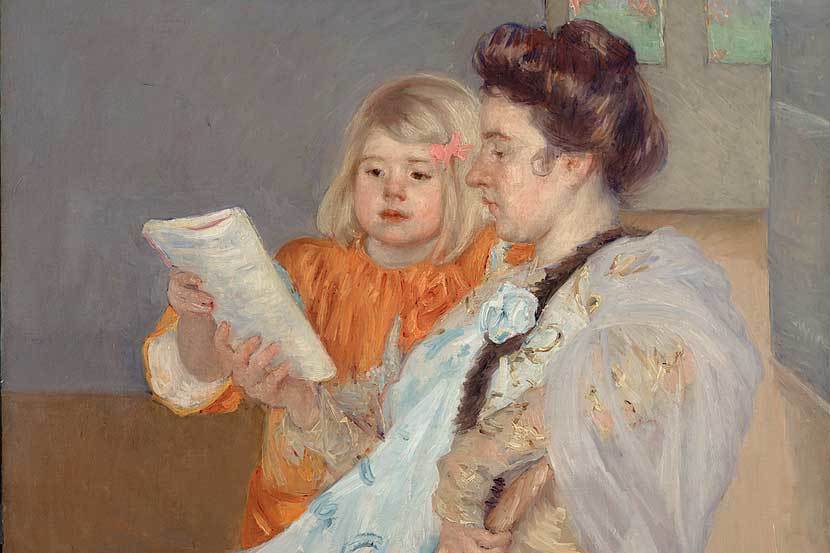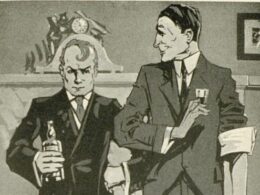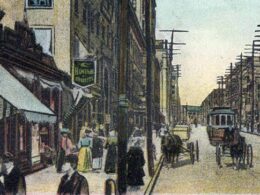Edith Wharton (1862–1937)
From Edith Wharton: Collected Stories 1891–1910

In 1902 The Literary Digest, a magazine published in New York, mostly panned the style of a certain kind of writer: “Henry James, Mrs. Wharton, and Paul Bourget are a trio of the same artistic proclivities. Henry James and Mrs. Wharton model themselves on the French. Bourget is the French. None of them is great, but of the three Bourget has the most finished excellence.”
At the time critics and readers often lumped together the three writers, with Henry James and Edith Wharton playing second fiddles to the far more famous and popular Bourget. (It didn’t help that, at the turn of the century, all three shared the same American publisher.)
The irony, of course, is that the reputations of Wharton and James have dramatically increased in recent decades, in both America and Europe. Virtually all their books are still in print, and many have been made into movies. Bourget, however, is largely relegated to discussion among French academics and, except perhaps for his novel The Disciple, is barely remembered by the reading public.
For our Story of the Week selection, then, we present one of Edith Wharton’s early stories, clearly influenced by Bourget yet still admired after a century for its own qualities.



